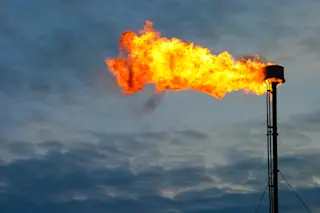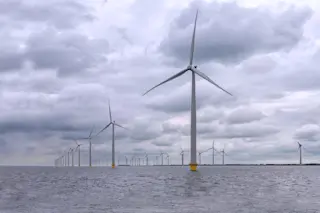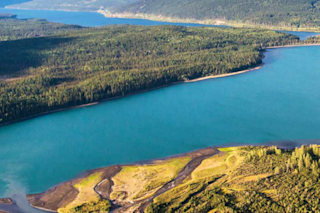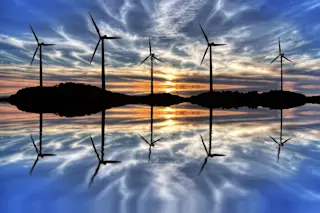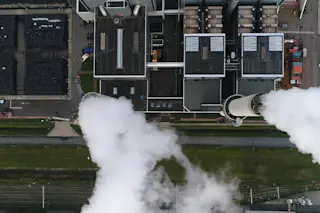Eduardo Zorita packs a lot into this post. I'm not sure it coheres but it's quite interesting. He touches on the importance of expert authorities and the IPCC and muses on "the interaction between technology and democracy":
We have now several new technologies that have been developed in the last few decades, which the individuals of the world are mostly enjoying, but which Western democratic societies are still grappling with, either to assimilate them fully or to design legal safeguards to avoid their most nasty consequences if left unchecked. To name a few: the internet, nuclear power, genetically modified crops. In the case of the internet, it seems clear that its benefits vastly outstrip its risks and there has barely been a public discussion about the possibility of forbidding the internet. A very old, but very powerful and also very risky piece of human technology, was incorporated to virtually all ...




